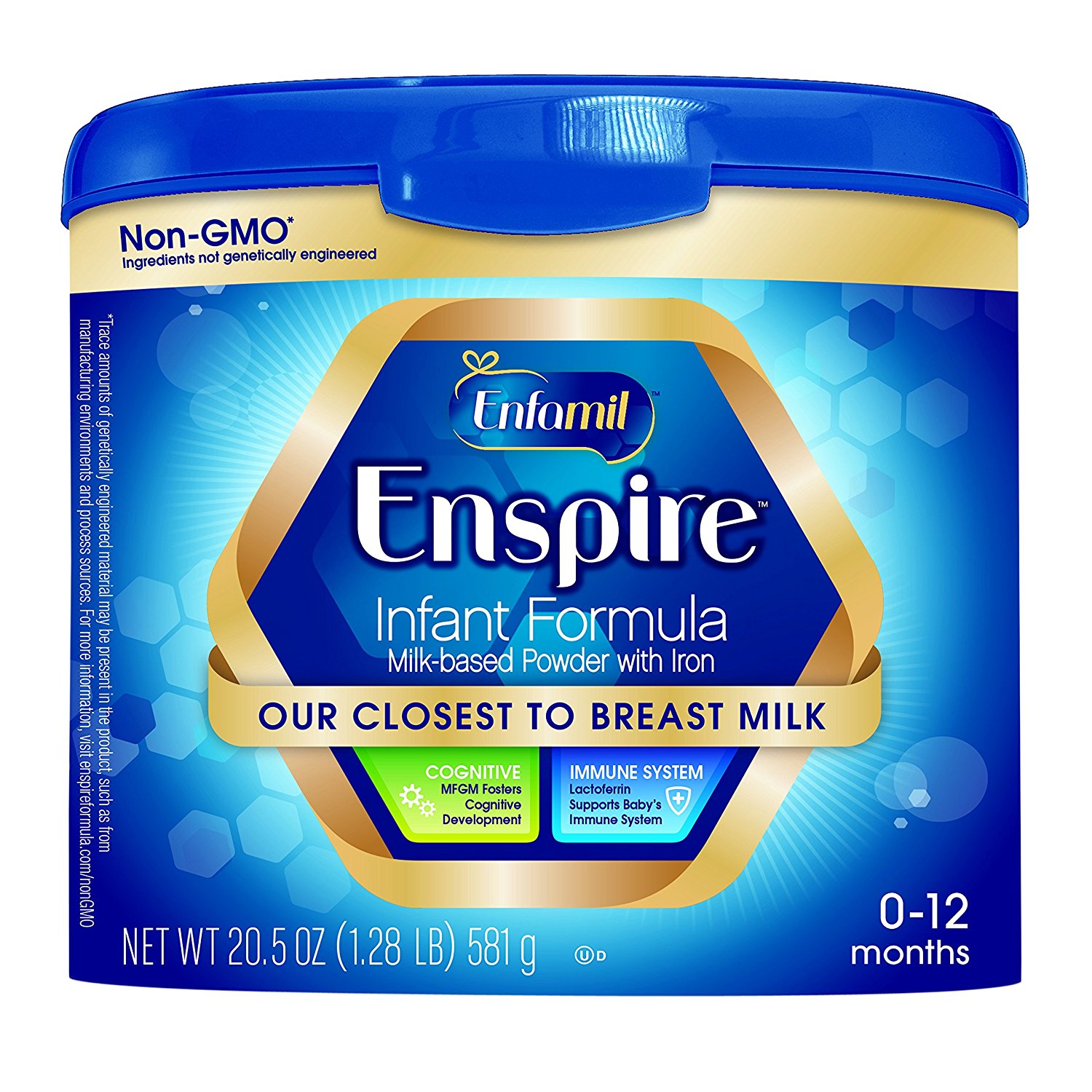Choosing the right nutrition for your baby is a vital aspect of parenthood. For many parents, baby formula becomes an essential part of their infant’s diet, whether out of necessity or preference. In this article, we’ll explore the world of baby formula, including the types available, how to choose the right one, and important considerations for feeding your little one.
Understanding Baby Formula
Baby formula is a specially formulated milk substitute designed to provide infants with the essential nutrients they need to grow and thrive during the first months of life. While breast milk is often the preferred source of nutrition for infants, baby formula serves as a suitable alternative for mothers who are unable to breastfeed or choose not to.
Types of Baby Formula
There are several types of baby formula available on the market, each tailored to meet specific nutritional needs:

- Cow’s Milk-Based Formula: Most infants can tolerate cow’s milk-based formula, which is formulated to mimic the nutritional composition of breast milk.
- Soy-Based Formula: Soy-based formula is an alternative for infants with lactose intolerance or dairy allergies. It’s made from soy protein.
- Hydrolyzed Formula: Hydrolyzed formula contains proteins that are partially broken down, making it easier to digest. It’s often recommended for babies with digestive sensitivities.
- Specialized Formula: Some infants may require specialized formulas designed for specific medical conditions, such as prematurity or reflux.
Choosing the Right Baby Formula
Selecting the right baby formula for your infant involves several considerations:
- Consult with a Pediatrician: Before making any decisions, consult with your pediatrician. They can provide guidance based on your baby’s specific needs and any potential allergies or sensitivities.
- Age-Appropriate Formula: Choose a formula that matches your baby’s age and developmental stage. There are formulas designed for newborns, infants, and older babies.
- Nutritional Content: Review the nutritional content on the label. Ensure that the formula provides essential nutrients, including vitamins, minerals, and fats.
- Special Dietary Needs: If your baby has dietary restrictions or allergies, opt for a formula that aligns with their needs. Consult with your pediatrician to rule out any allergies or sensitivities.
- Ease of Preparation: Consider the convenience of preparing the formula. Some are available in ready-to-feed liquid form, while others require mixing with water or another liquid.
Feeding Your Baby with Formula
Feeding your baby with formula requires careful attention to preparation, cleanliness, and safety:
- Cleanliness: Ensure that all bottles, nipples, and utensils are thoroughly cleaned and sterilized before each use.
- Follow Instructions: Always follow the instructions on the formula packaging for preparation and feeding amounts. Using too much or too little water can affect your baby’s nutrition.
- Temperature: Test the formula’s temperature by placing a few drops on your wrist to ensure it’s neither too hot nor too cold.
- Feeding Time: Pay attention to your baby’s cues for hunger. Newborns typically feed every 2-3 hours.
- Storage: Properly store any prepared formula in the refrigerator and use it within the recommended time frame to avoid spoilage.

Nourishing Your Baby’s Growth and Development
In conclusion, choosing the right baby formula is an important decision for parents, as it plays a crucial role in nourishing your infant’s growth and development. By consulting with your pediatrician, selecting an age-appropriate and nutritionally balanced formula, and following safe and clean feeding practices, you can ensure that your baby receives the best possible start in life. Whether you choose to breastfeed, use formula, or a combination of both, your baby’s well-being is always the top priority, and providing them with the right nutrition is a significant step toward a healthy and thriving future.
